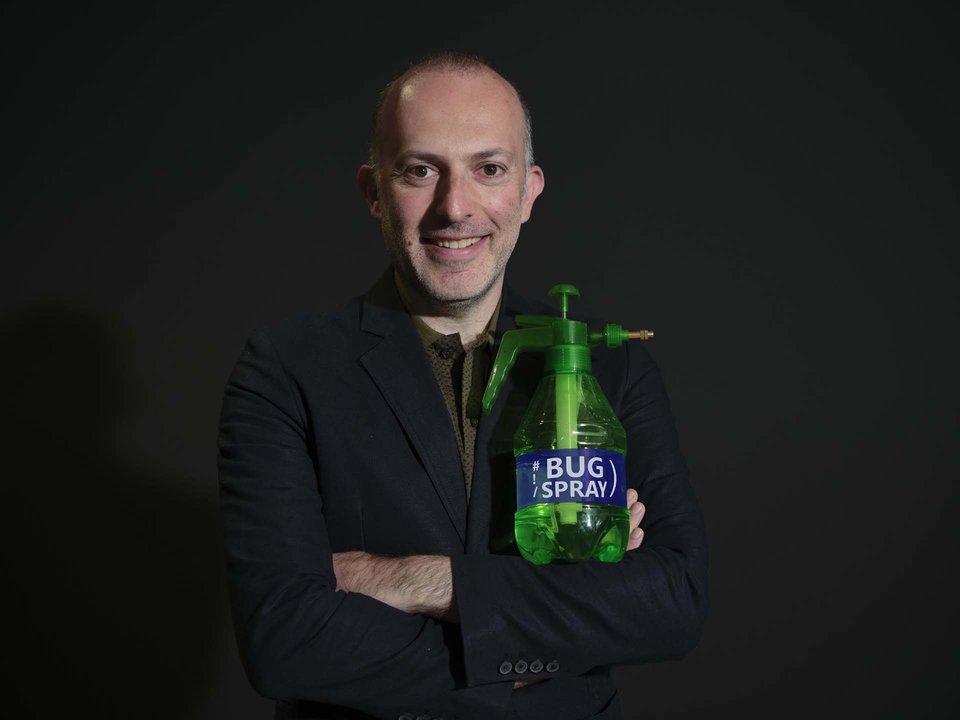EU funding for inclusive digital education – making post-pandemic life easier
TU Delft participates in a new project supporting lecturers to deliver quality digital teaching and learning for all students – helping them through the pandemic disruption now and beyond.
Imagine it is 2022 – and being now allowed back on campus, you wish to create a new course for your TUD students or improve and adapt an existing one. How do you make the most of existing best practices and tools available to you? And how can you benefit from the insights and experiences learned from how we changed our education in the last year to cope with the Corona crisis?
A new, EU-funded project is in place to give you hands-on techniques, tools and resources to make it easier to design education post-pandemic.
“During the pandemic, the vast majority of European universities organised massive ‘emergency’ support to move to online and distance learning. The DigiTeL Pro strategic partnership is looking to bring together and align the expertise and innovations from several leading universities to help teachers also in the post Covid-19 situation,” explains Martijn Ouwehand, Project Lead (ESA, Teaching and Learning Services).
Practical guidance different scenarios
DigiTeL Pro stands for ‘Professional Development for Digital Teaching and Learning’ and is about teachers making deliberate choices in educational design and giving them the instruments to actualise these choices. It focuses on three educational scenarios. A synchronous hybrid scenario, a situation where two groups of students conduct the same activity at the same time but in different modes – online and on campus. An online and distance learning scenario, whereby teaching and learning happens exclusively digitally. And an in-between scenario – blended, whereby lecturers teach on campus to students who are physically present in class and also incorporate activities that are not face-to-face but done remotely and online. The latter is the scenario that TU Delft is responsible to lead and develop.
Leaving no student behind
“In addition to building on the excellent EMBED maturity model experience, we are looking to include specific advice and resources regarding factors such as ‘student readiness’ and ‘student well-being’. Teaching during the pandemic has highlighted the emergence of such elements as critical. The resources will then also address questions such as, How do students function in this particular scenario? What do they need?” continues Ouwehand, “Based on the experiences and main trends observed during the pandemic, the project will reinforce the ability of universities to provide high-quality, inclusive digital education to all their students, despite the challenge of uncertainty and the disruption it causes”.
For lecturers but not only
DigiTeL Pro will give teachers more flexibility by enabling them to pick a scenario, look at what multiple steps are involved and diving in on specific ones, learning how to go about it using a multitude of tips, advice and materials.
“Ultimately we want to deliver a very practical aid – probably in the form of a course or training package – that contains resources, insights, experiences and best practices and that can be applied both to the course design and structure, and to its content. This would be mainly online – probably with regional face-to-face opportunities, if circumstances permit – and will allow lecturers ‘on duty’ to participate, taking into account their timetable and commitments.
“Moreover, we want to produce something that teachers but also support staff, such as trainers can use. Teachers to learn from materials and apply those in their own practice, and trainers to prepare teachers as needed, for instance in the UTQ programmes of any HE institution. Although the main focus is at course and curriculum level, the project is really to benefit anyone involved in course and curriculum development and for leaders who are steering that process”, adds Ouwehand.
Whatever the future holds
It is difficult to predict what the post pandemic situation will hold in store for universities. The intent of the project is to offer a framework and resources to meet the needs of institutions and their lecturers in an uncertain future, for example in the event of a semi-lockdown situation – and to bring all students along.
It will not only deliver models and guidelines for mature blended education for the post-Corona era, but also offer opportunities for international education and blended mobility, as well as for further integration in institutional or national CPD initiatives.
The project will run until the end of February 2023. The participating European partners are:
• EADTU (coordinator, NL) Open Universiteit (OUNL, NL)
• Universitat Oberta de Catalunya (UOC, Spain)
• Universita Telematica Internationale (UNINETTUNO, Rome, Italy)
• KU Leuven (Belgium)
• TU Delft (NL)
• Dublin City University (Ireland)
• Fédération interuniversitaire de l'enseignement à distance (FIED, Paris, France).
Watch out for updates on this project; if you have any questions, please contact Project Lead Martijn Ouwehand at ESA–TLS.

